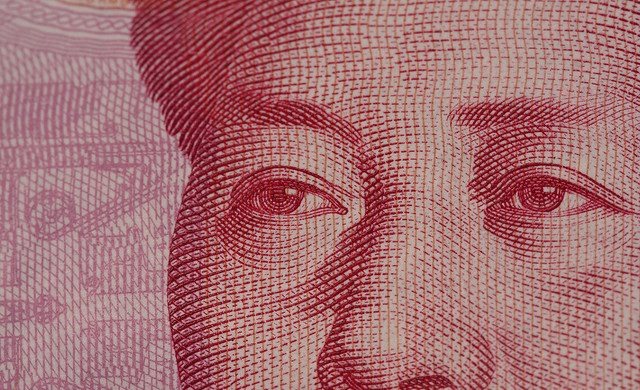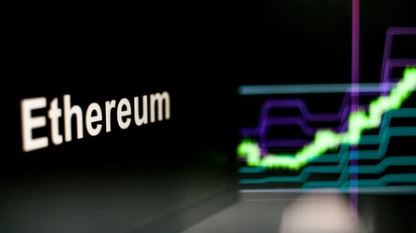With the United States dividing over the debt ceiling and the UK starting a five year debate on the future of its position in Europe, political divides look set to be a defining factor for western economies.

During this period of uncertainty the one-party state, that is soon to become the world’s richest nation in terms of total GDP, is economically strong and has seen a surge.
Following the appointment of new Communist Party chairman, Xi Jinping, in November 2012 China has seen a growth of internal confidence in its business sector. The National Bureau of Statistics’ business climate index, which surveyed 21,000 businesses across all sectors in China, saw a 1.3 point rise to 124.4 in macro-economic outlook in the year’s final quarter.
With any figure over 100 meaning denoting growth, this result is in stark contrast to a UK economy on the verge of a triple-dip recession and the United States’ eye watering level of debt – when your debt passes $15tn, what difference does it really make if it rises to $19tn. When you’re so far down a debt hole of that size another trillion dollars of debt seem to be a statistic rather than a crisis.
This does not mean China has not seen difficult results recently. A business climate index rating of 124.4 is a significant fall from recent highs of 138, but the results show that China is rebounding from recent GDP slowdowns. A separate study by the bureau records a rise from 116.5 to 120.4 in Chinese entrepreneur confidence during the same quarter.
Further to improvements in the macro-economy and confidence, industrial production growth results have reached 10.3% for the year whilst the information and communications technology sector index recorded a figure of 144.4.
But these four sets of fresh data are not the only evidence that has led to silencing of criticism of the Chinese economy.
In early January the Bureau also issued results showing that non-manufacturing purchasing manager’s index, known as PMI, increased to 56.1 in December 2012 from November’s 55.6, with any figure over 50 meaning growth.
The Chinese service sector saw $47.57m of foreign investment in the 11 month’s preceding December’s PMI results, against a 7.1 decrease of investment into the manufacturing sector.
Whilst reaching a four month high the service sector figures are significantly lower than the ten month high recorded in March 2012 of 58.0.
China’s service sector was responsible for 43% of the country’s GDP in 2010 and provided 36% of jobs in 2011.
An increase in the Chinese construction activity to 61.9 in December, from 61.3 in November, drove the service sector rise. Previously released figures relating to manufacturing also reported increased output.
This mounting pile of positive data from China is in stark contrast from a faltering west. China demonstrates there is growth out there in the world economy and that the world’s economic balance is shifting.
Whether China will become the world’s economic superpower is no longer a question of if, but when. Managing and capitalising on this situation is Xi Jinping’s major task as the Chinese long-held ambition of being a global super-power is within his grasp.

 Hot Features
Hot Features













